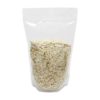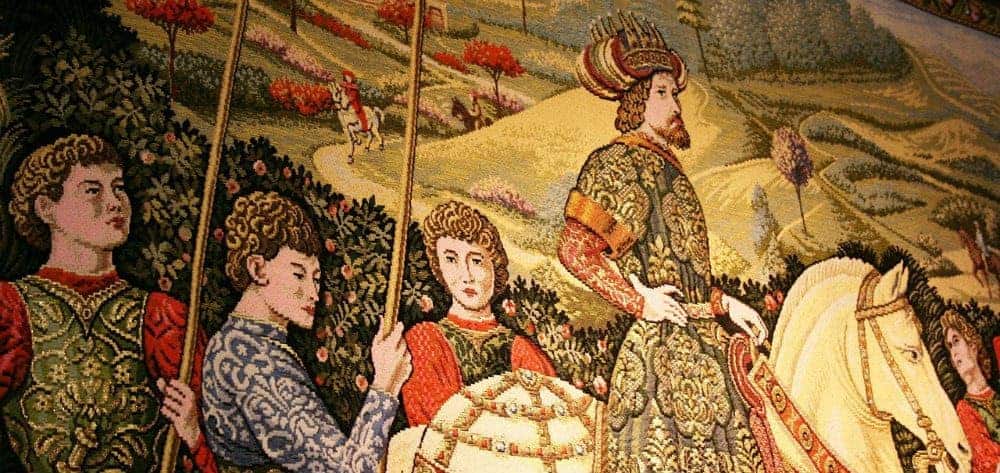Blog
How the West Accidentally Discovered Coffee
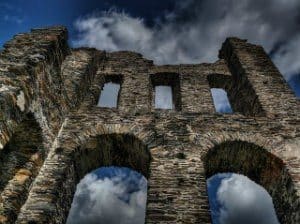
Europe’s rise as a global power really came at the end of the Medieval Period, a time also known as the Dark Ages. That time was a period of transformation and molding for the continent as fiefdoms and communities started to band into kingdoms and create an identity of their own. A lot of people question why this period in time was labeled as “The Dark Ages” and have several fond theories behind it. Some claim that the atmosphere of learning and science that began with the Greeks and was adopted fondly by the Romans died in the chaos of the Middle Ages and plunged the world of knowledge into darkness. Some call it such because a lot of castles with dungeons were built and being underground they were very dark indeed. I personally think this period is indeed quite dark because Europe lacked a beverage that shines brightness into our consciousness and awakens our senses. I’m talking about our favorite beverage, coffee.
Coffee was actually discovered in 11th century Ethiopia, by accident and by goats. Yes, a bunch of sleepy goats decided they needed to get hyperactive by chewing on some coffee blossoms. Now we know how to cure the affliction that seems to infect fainting goats, send them to Ethiopia! These blossoms the goats chewed was turned into the coffee we know of today when some bright whiz kid goat herder decided to throw the coffee blossoms into boiling water and drinking it. Because every new-fangled thing our pets stumbleupon should be thrown into boiling water and swigged down to make new discoveries, I say tomorrow I am checking out how that doggie biscuit does in boiling water or maybe I’ll just stick to my morning cup of joe…yes, I think that’s what I’ll do.
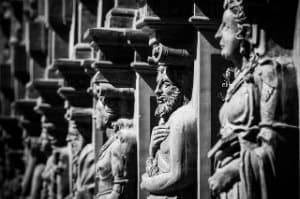
So coffee had little splashes of influence in London and Paris with visitors from the Ottoman Turkish Empire visiting every now and then, but for most of the continent it was really very little known. One fateful historical event changed that forever though, as Europe was faced with the real threat of bitter invasion by the wrathful Ottoman Empire. The year was 1683 and Vienna was the last stand for defending Europe against an invasion force. Outnumbered and surrounded by an army with superior technology and superior beverages, the Europeans were able to defeat the Ottoman Empire through what many would claim to be a miracle with reinforcements coming from Poland smashing through Turkish lines.
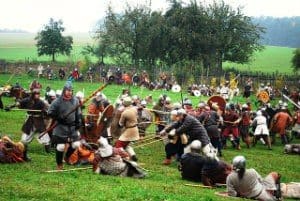
So the love affair with coffee had begun and the continent was so crazy about it that they traveled the seas to find suitable locations to grow such a fine plant. The world had never been quite the same ever since coffee came into our lives. It’s funny how a seemingly ominous event can turn into the best thing that we can every stumbleupon. So when you’re sipping on your coffee thinking about that stressful work situation, think about how coffee was discovered and how something so good came out of something seemingly tragic.




